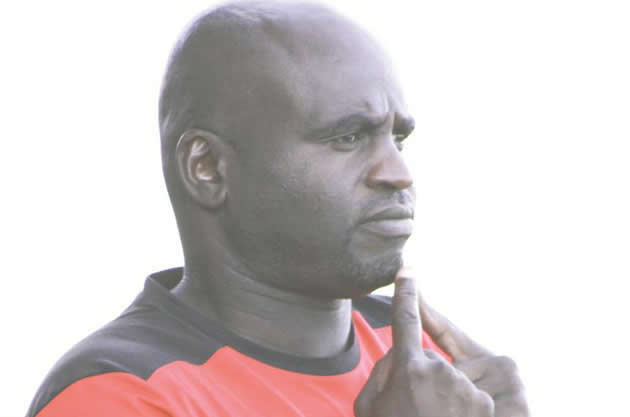Zim not a ‘fragile’ state

Patience Rashai Correspondent
Naïve opposition leaders have gone to town and back, bickering on the President’s refutation to pronounce the country a fragile state. Some have said he is out of touch with reality, on the state of development in the country, this is because they do not know what a fragile economy is. Literally, fragility is something which is weak or uncertain, and unlikely to be able to resist strong pressure or attack.
Certainly this doesn’t describe Zimbabwe, an upcoming economy in its infancy, with stable growth recorded over the past year as IMF even revised Zimbabwe’s 2017 economic growth upwards from -2,5 percent to 2 percent, having seen the progressive development.
Critics and oppositional politics gamblers awaiting any opportunity to poke fingers at the President grabbed this opportunity to discredit his sentiments that Zimbabwe was actually one of the most highly developed countries in Africa.
During the President’s participation in a discussion at the just ended 27th conference of the World Economic Forum for Africa meeting in Durban, South Africa, President Mugabe challenged the panellists, arguing that Zimbabwe had the highest literacy rate on the continent and its economic development may be second after its neighbour South Africa.
A proven fact that Zimbabwe’s literacy rate had always been regarded in high esteem, ironically its literacy levels had to be re-evaluated soon after the land redistribution programme, only to be placed 11th in Africa. How dramatic? No wonder in his discussion entitled “Eye on Fragile States”, President Mugabe questioned the rationale used to categorise the country as a fragile state when the country is actually in an economic progression period working on various programmes to uplift the living standards of people, for instance the Zim-Asset in- itiative.
This initiative saw the country’s agricultural sector booming after the implementation of the Command Agriculture scheme which saw at least 9 600 farmers benefiting.
In industry and commerce, the country recorded a 47,4 percent capacity utilisation from a previous 30 percent. Confederation of Zimbabwe Industries (CZI) statistics prove that capacity utilisation rose to 90 percent in the cooking oil manufacturing sector, 85 percent in yeast production (which had almost closed down), 75 percent in biscuits manufacturing, 70 percent in furniture and 60 percent in detergents.
In October 2016, Zimbabwe paid up debt arrears amounting to USD $107,9 million to the international borrowing institution, a situation which highlights an improvement in the country’s economy as this couldn’t be achieved in a depressed economic environment and yet Zimbabwe is still categorised as fragile.
“Zimbabwe is also rich in resources and cannot be classified as fragile. Every country has some areas of fragility including even the developed ones like the US which went down on its knees seeking assistance from China to restore its industries,” said the President. Likewise, this is more or less the situation the country is battling with. Economic conflicts from developing countries largely emanate from bigger economies wanting to exploit resources from developing countries and poor oppositional politics intending to chow a few dollars from naïve donors.
Tsvangirai, through his spokesperson, is quoted to have said: “With unemployment of over 90 percent, a virtually dead industrial sector, acute cash shortages, where people are sleeping in bank queues, the fragility of our country is not in doubt. If you add health and education, then you have a fully-fledged crisis.”
Sadly, who then is out of touch with reality here? We have an ignorant Tsvangirai who thinks we have a dead industrial, education and health sector, when the country’s industries are expanding, at least 14 new universities constructed and recently this month recruitment of over 2 000 nurses to upgrade the health delivery system.
Other fatigued opposition leaders such as Tendai Biti, leader of People’s Democratic Party, seized the opportunity to discredit the President in an effort to seek relevance with Tsvangirai whom he anticipates will lend an open hand into signing a unity pact.
Biti, a renowned economic failure after proving unworthy as finance minister during the GNU, thinks he is the best qualified to denigrate the Presidents’ sentiments?
Biti, living in his own Zimbabwe, dismissed the President’s sentiments claiming: “It is criminal for officials in Government to drag the President to such events knowing fully well he will bring the country into disrepute.”
And yet when he served the Government under the same person, it was okay for him, how hypocritical.
He also claimed that over 75 percent of Zimbabweans live in extreme poverty and 70 percent use the bush as toilet. Honestly, how can the use of a bush toilet be a measure to assess the fragility of the nation, not to mention the figures which Biti came up with out of the blues?
It’s about time Zimbabweans decide for themselves what’s rational and not, who to believe or not. Fragility or not, no one has the right to determine that for us.









Comments